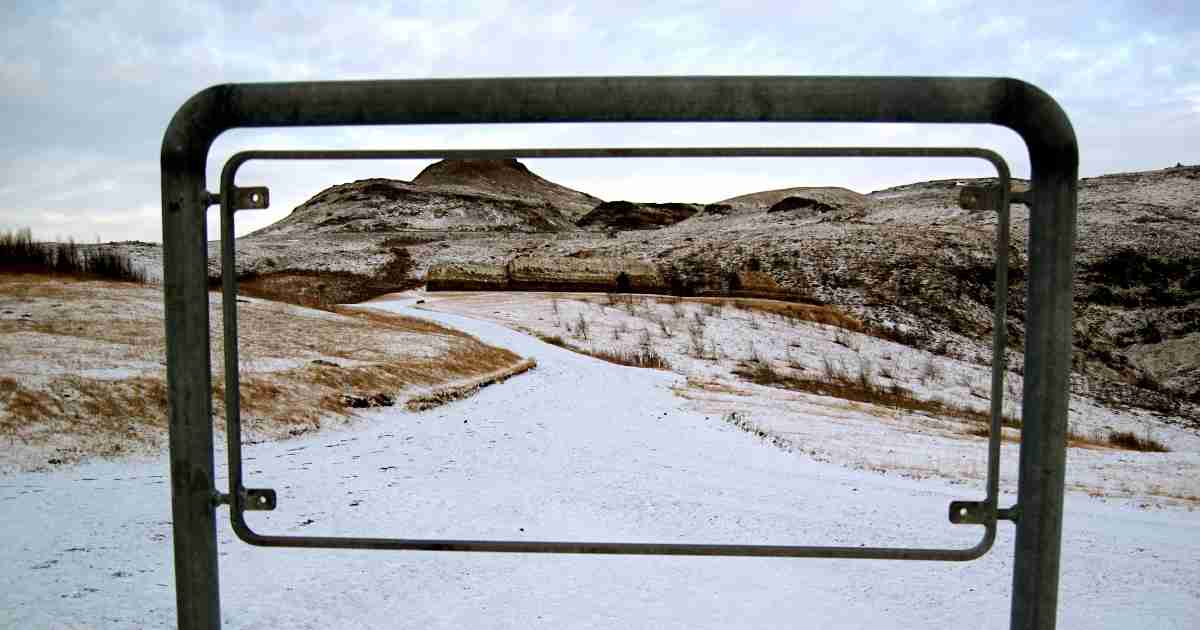It seems like we are always desperately seeking answers in our life. “If only I could be certain about this,” or “I sure wish I knew the answer to that.”

Unfortunately, when the total quantity of information in the world is doubling twice a day, it’s going to be increasingly impossible to keep up with all the “answers” that are literally available at our fingertips. It doesn’t necessarily mean the answers are getting better, they are just proliferating at an ever increasing rate.
To get a little perspective on how fast information is increasing, until 1900 human knowledge doubled approximately every century. By the end of World War II, knowledge was doubling every 25 years. While the quantity of information is exploding exponentially, the quality of information may not be on the same curve. Here is a scale to evaluate the level of “answers” that are relentlessly bombarding us everyday:
- 5: Wisdom
- 4: Creativity
- 3: Knowledge
- 2: Information
- 1: Data
Data are simply random facts. Information is contextualized data—the data are represented in way that gives some meaning, e.g. elevating facts to concepts. Knowledge is contextualized information. At this level, the information is represented in a way that helps us derive principles—it may show the interrelationship of components, functions, and processes and provide standards and conditions. Creativity is the ability to generate new responses facilitated by the representation of the knowledge. Wisdom is the ability to discern real meaning and value from the creative responses.

While the news media report that knowledge is doubling twice a day, I think it would be more accurate to say that data are doubling twice a day. As you go up the scale, the rate of increase decreases. I don’t know how fast information (contextualized data) is increasing. I don’t know how fast knowledge (contextualized and well-represented information) is actually increasing—clearly not as fast as data. I don’t know how much better we are at creativity than we were 100 years ago. Clearly, we are confronting different problems, but I don’t know if this generation is 10 times more creative than my grandparent’s generation. Most importantly, I don’t believe we are demonstrating any more wisdom than people in the past. In fact, there is plenty of evidence to indicate that the wisdom curve is on a downward path given the level of pollution, poverty, and violence in the world.
But this post is not about answers, it’s about questions. The problems of the world are not caused by a lack of answers, they are caused because we are not living in the right questions.
Since I introduced the 5-point scale, let me use it to categorize the type of questions we might ask at each level:
- Data Question: How many gigabytes of data can be stored on this microchip?
- Information Question: How much more money can I make in financial services vs. education?
- Knowledge Question: How can I become more multi-dimensional, increase the quality of my life, improve my learning agility, and broaden by career skills?
- Creativity Question: What if everyone could post pictures of themselves in a public place where the world could access them instantaneously? How might I make all the world’s information accessible to everyone on the planet? I wish we could create an even playing field for everyone.
- Wisdom Question: How can I bring more of myself to every moment at a higher level of consciousness?
The questions we need to ask ourselves are:
- At what level on the scale do I find myself asking the most questions?
- How much of my life do I spend living in the questions at that level?
- What questions am I asking at that level?
- Are the answers to these questions giving me a greater sense of meaning in my life?
- What questions might I consider living in that would lead to a greater sense of meaning?
I believe that living in questions at levels 3, 4, and 5 on the scale are far more likely to lead to a richer, meaningful, and fulfilling life. What do you think?

Also published on Medium.

